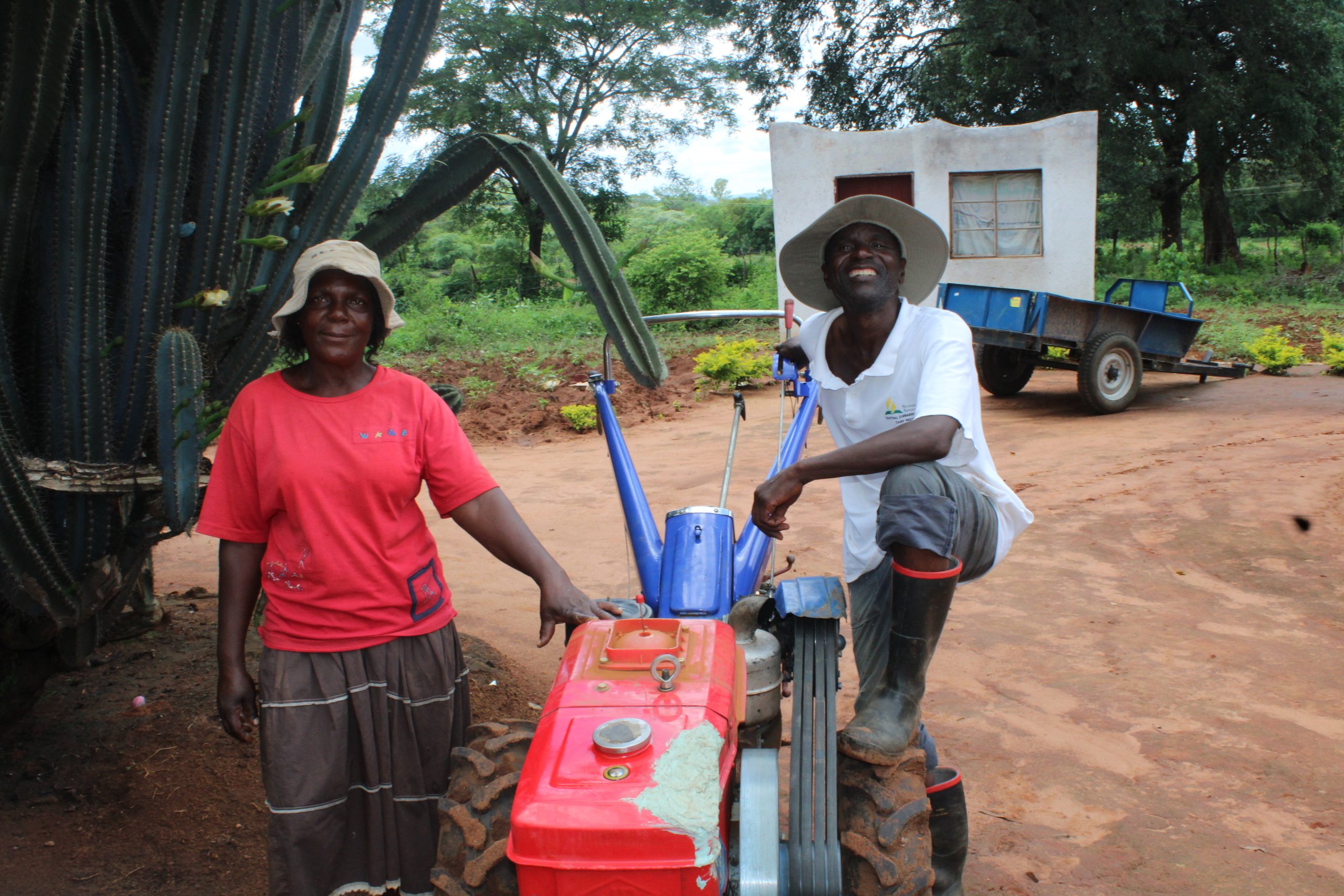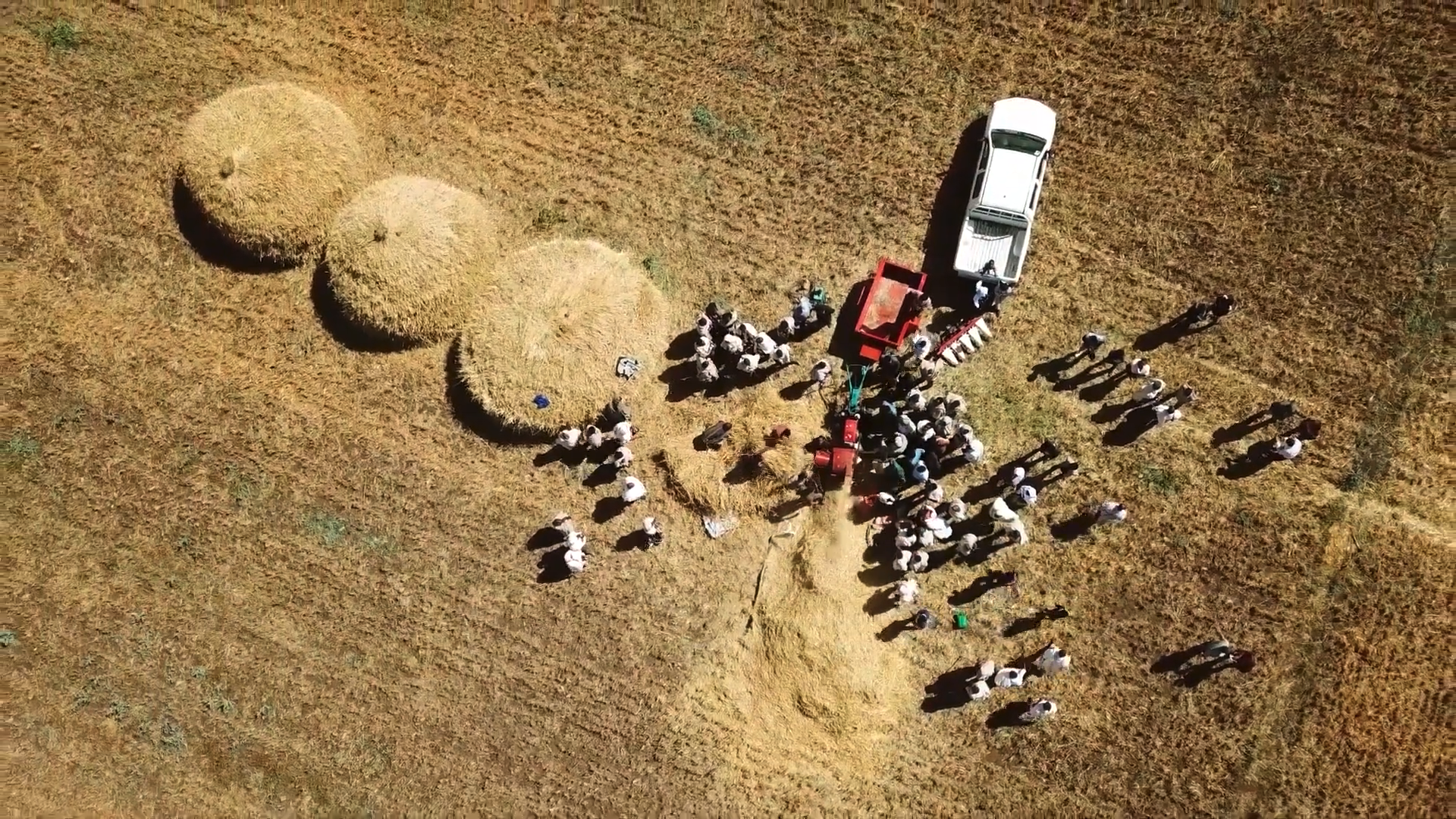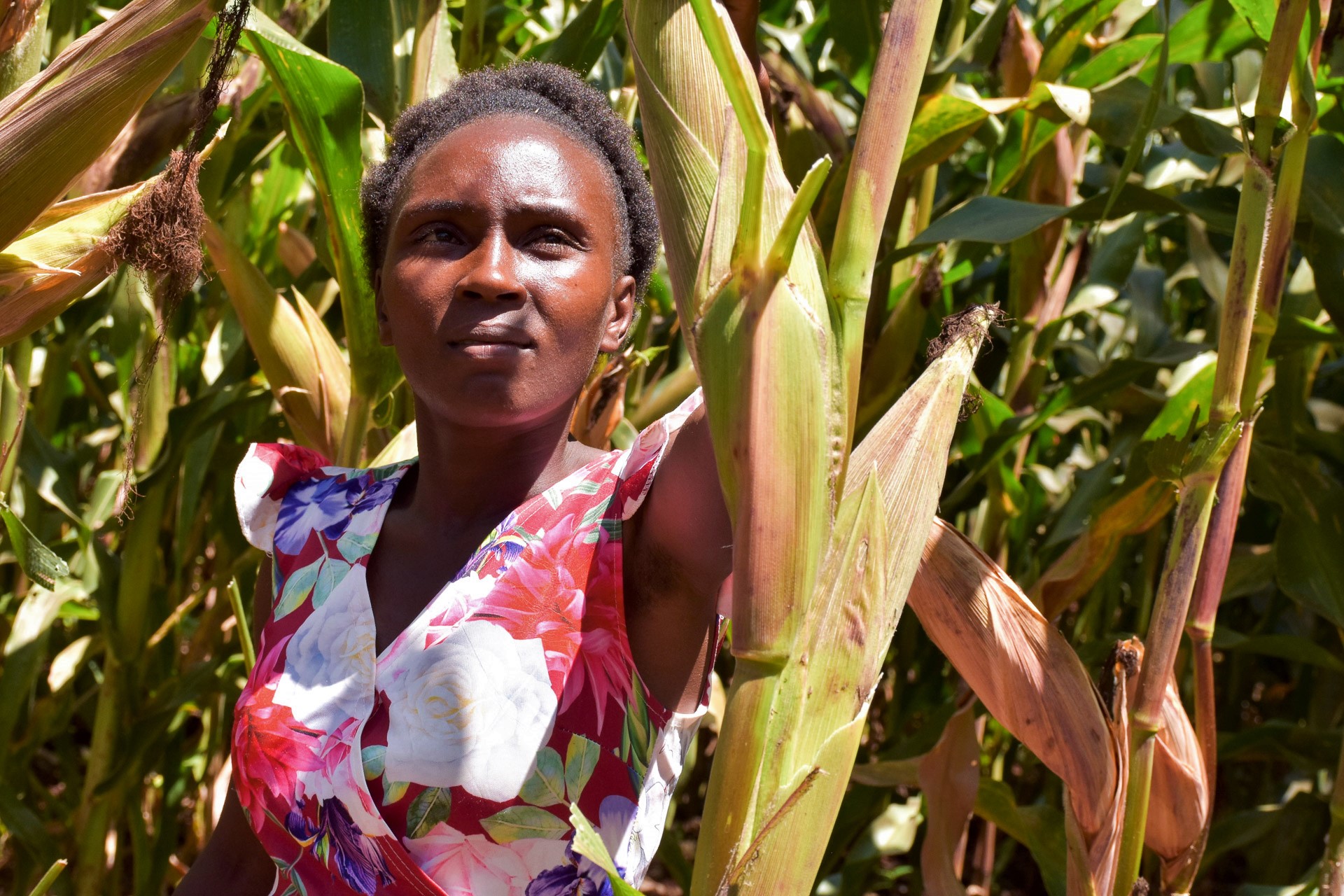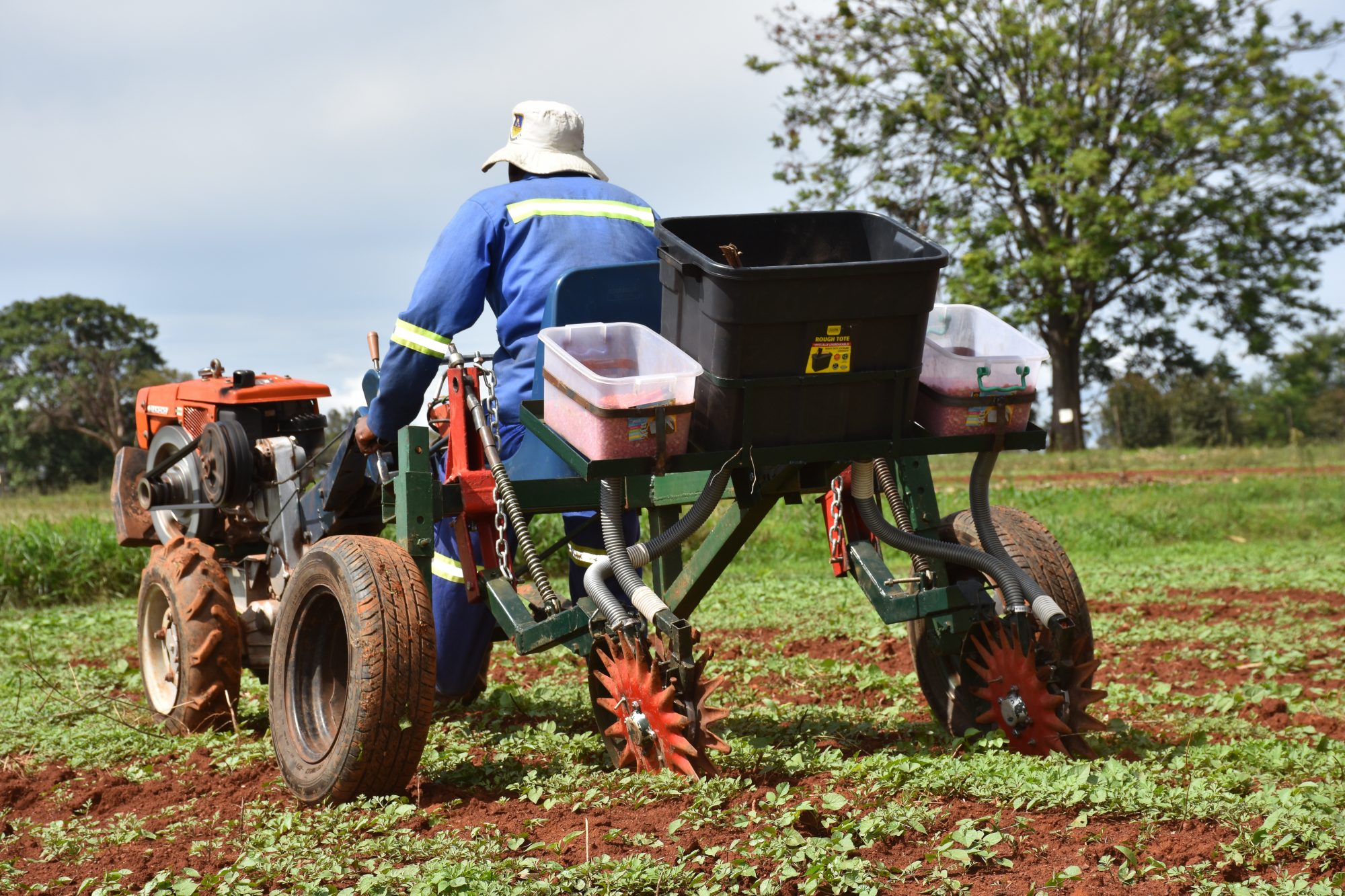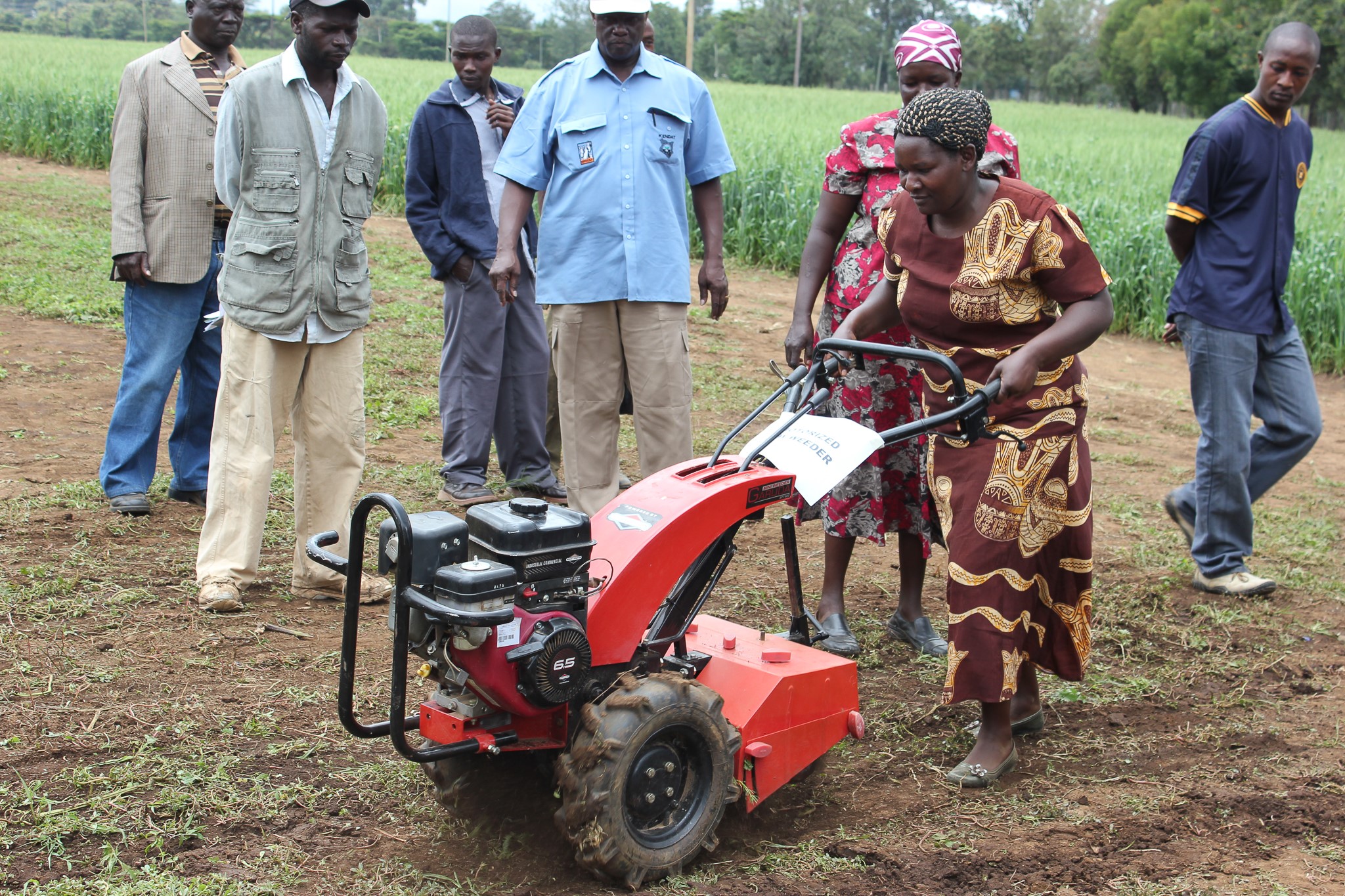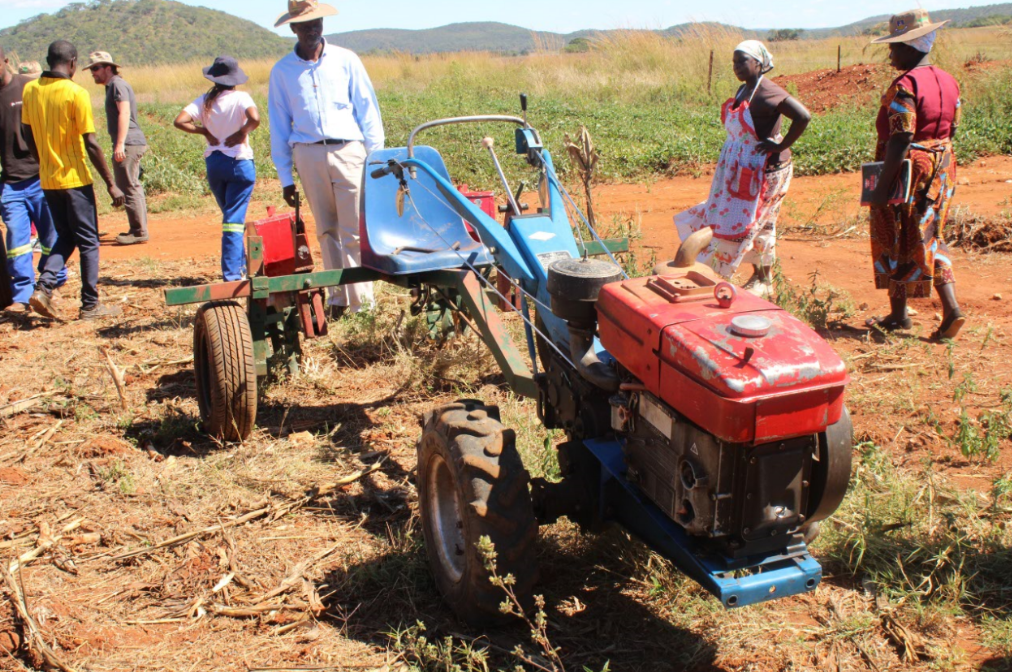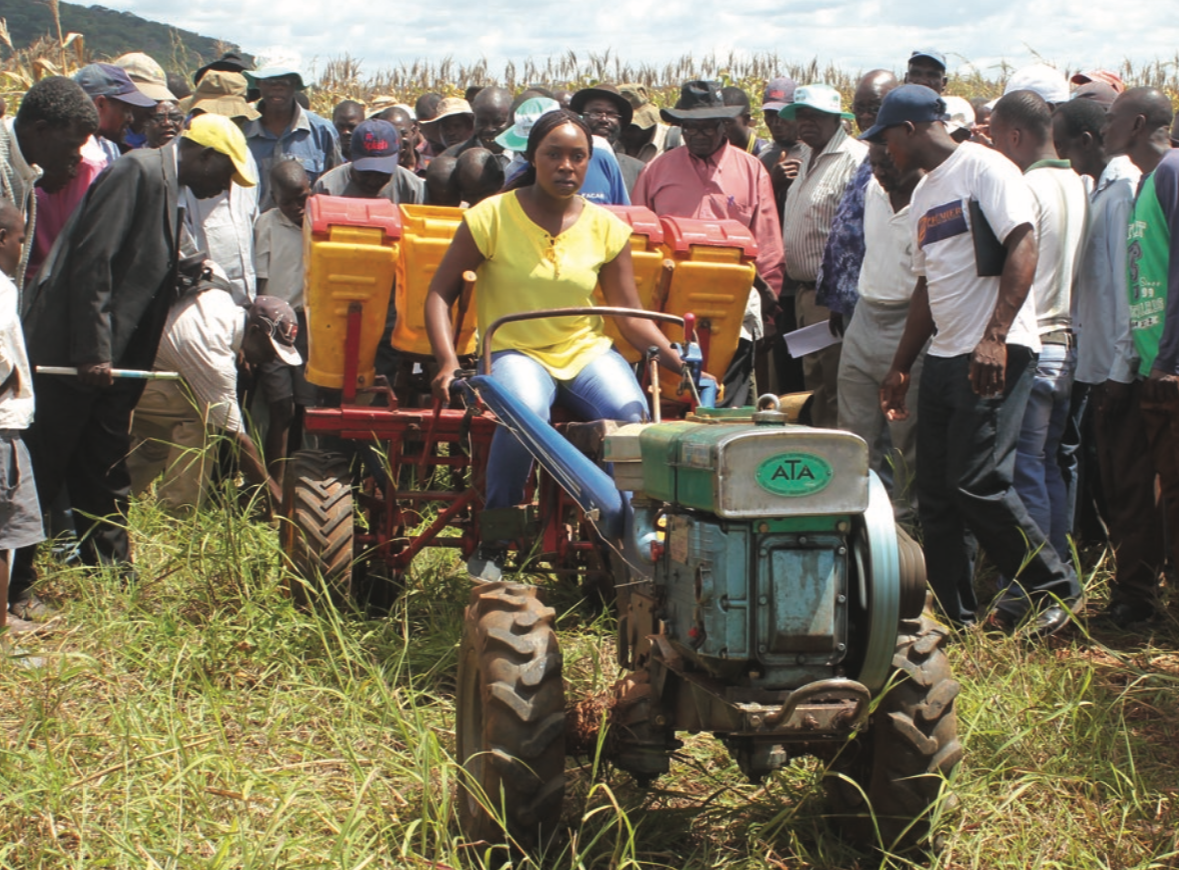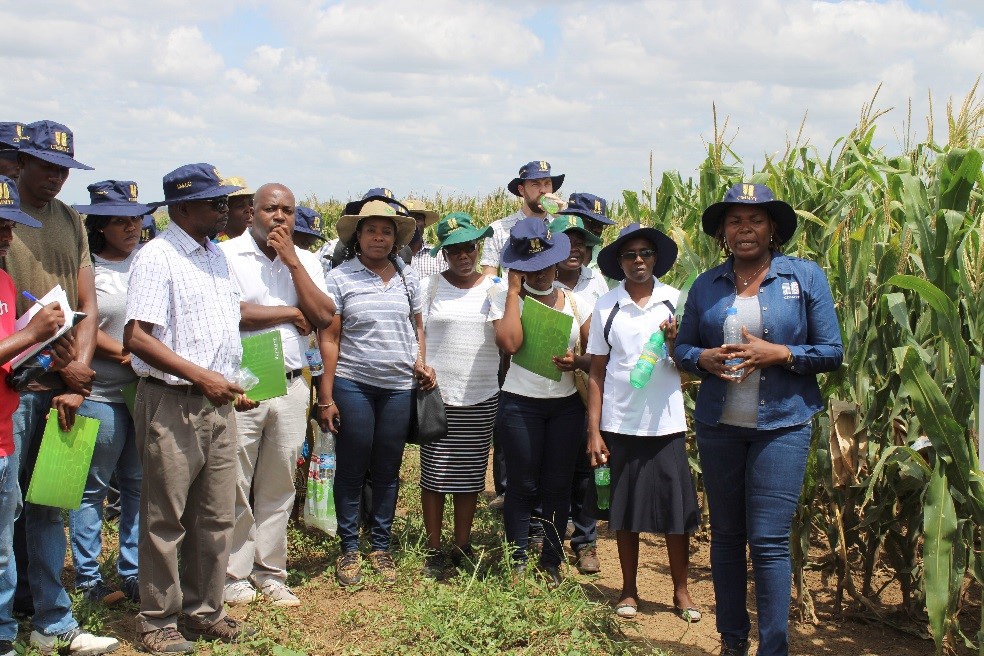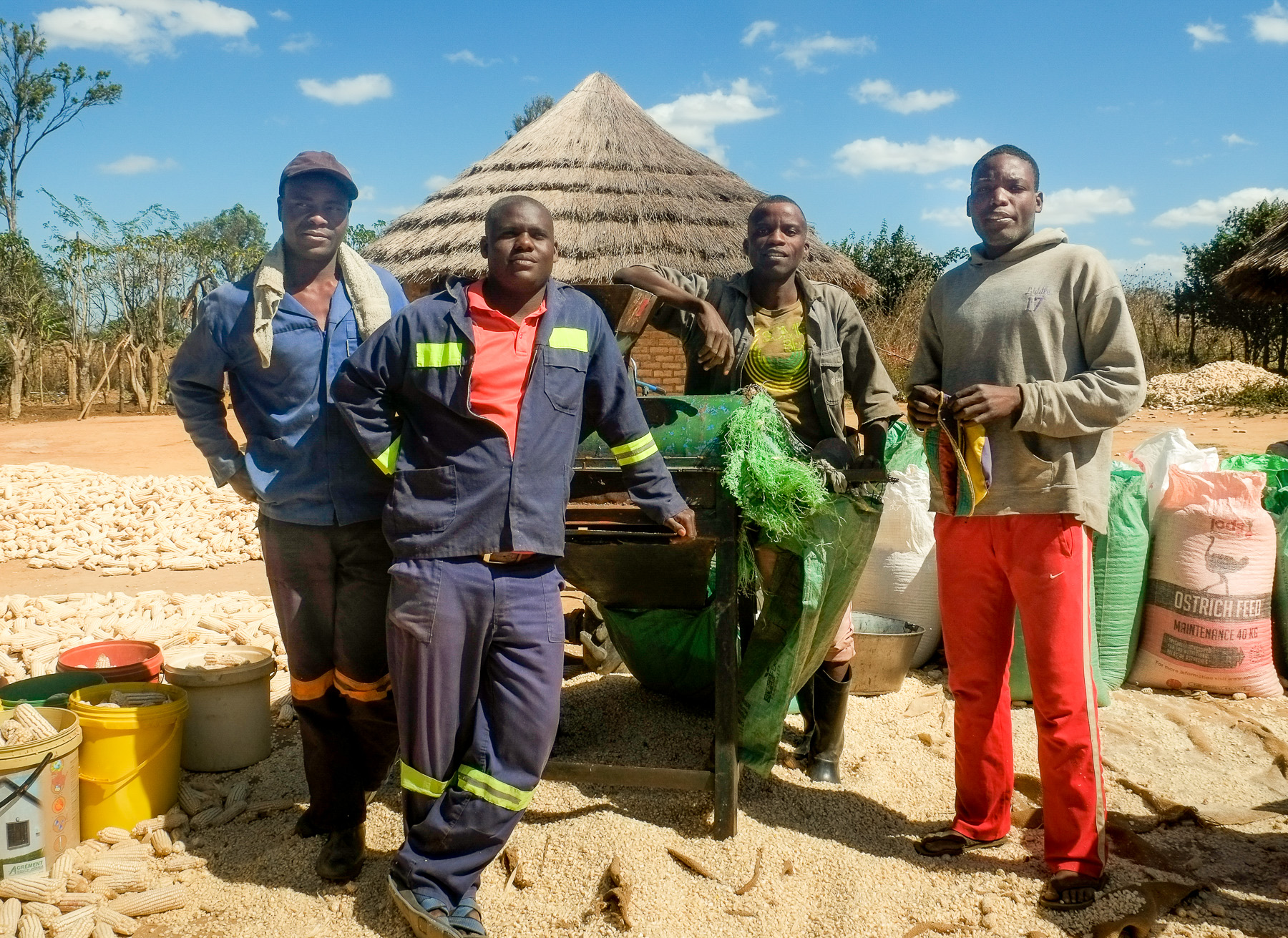Agricultural intensification is both a need and an opportunity for countries in sub-Sahara Africa. For intensification to occur sustainably — with minimum negative environmental and social consequences — it is widely recognized that resources must be used with much greater efficiency. Although much emphasis is being placed in current research for development work on increasing the efficiency with which land, water and nutrients are being used, farm power appears as the “forgotten resource.” However, farm power in countries sub-Saharan Africa is declining due to the collapse of most hire tractor schemes, the decline in number of draft animals and the decline in human labor related to rural-urban migration. Another aspect of low farm power is high labor drudgery, which affects women, who generally due the majority of threshing, shelling and transport by head-loadings, disproportionally. Undoubtedly, sustainable intensification in these countries will require an improvement of farm-power balance through increased power supply — via improved access to mechanization — and/or reduced power demand – via energy saving technologies such as conservation agriculture techniques.
The Farm Mechanization and Conservation Agriculture for Sustainable Intensification project examines how best to exploit synergies between small-scale-mechanization and conservation agriculture. The overall goal of the project is to improve farm power balance, reduce labour drudgery, and minimize biomass trade-offs in Eastern and Southern Africa, through accelerated delivery and adoption of two-wheel-tractor-based technologies by smallholders.
This project is now in the second phase, which began on June 1, 2017.
OBJECTIVES
- To evaluate and demonstrate two wheel tractor-based technologies in the four selected sites of Eastern and Southern Africa, using expertise/knowledge/skills/implements from Africa, South Asia and Australia
- To test site-specific market systems to deliver two wheel tractor-based mechanization in the four countries
- To identify improvements in national markets and policies for wide delivery of two wheel tractor-based mechanization
- To create awareness on two wheel tractor-based technologies in the sub-region and share knowledge and information with other regions
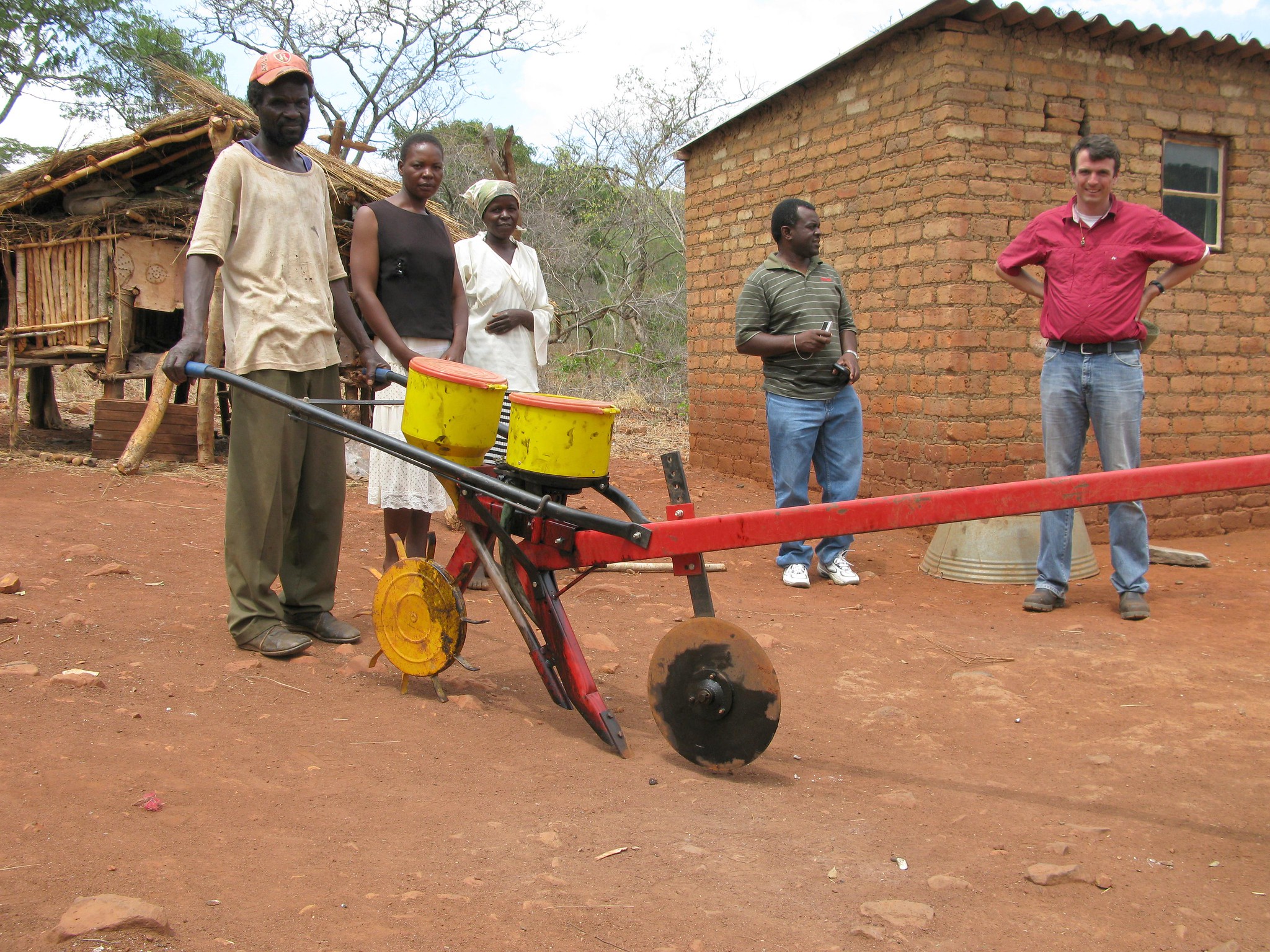
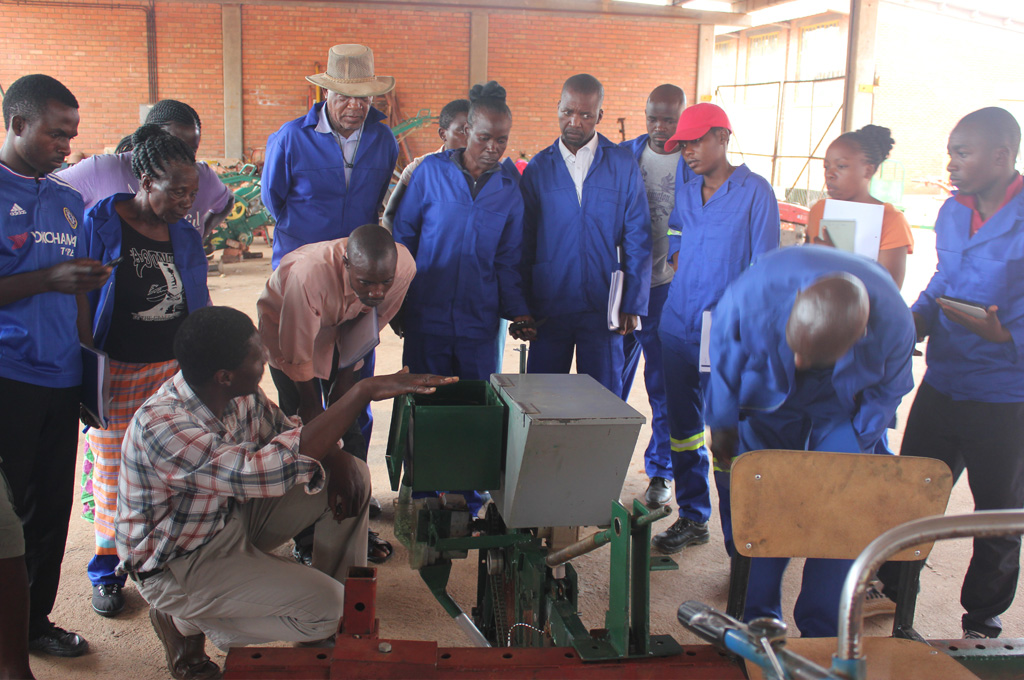
 Climate adaptation and mitigation
Climate adaptation and mitigation 